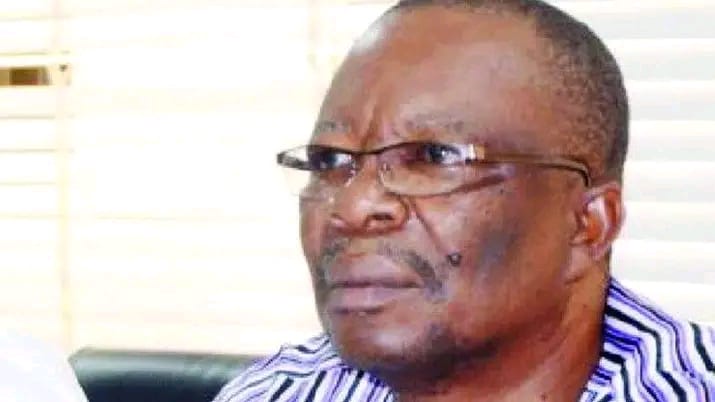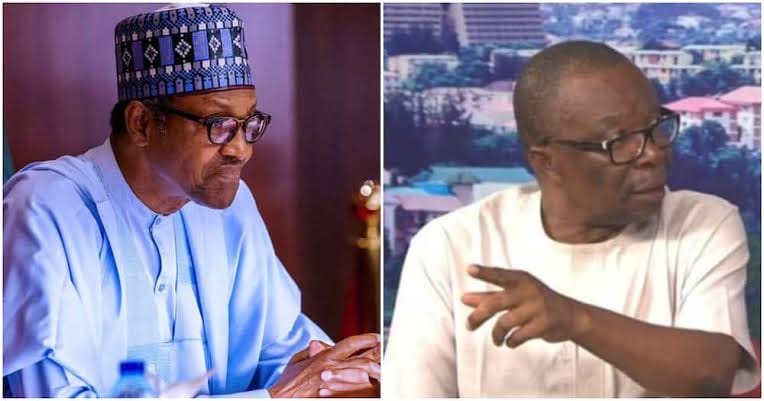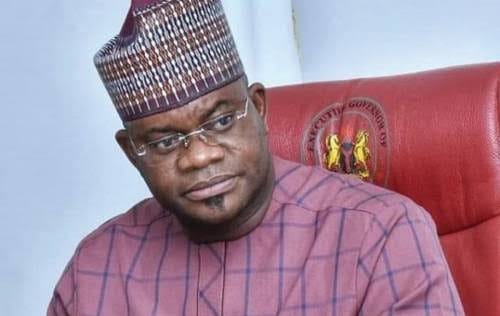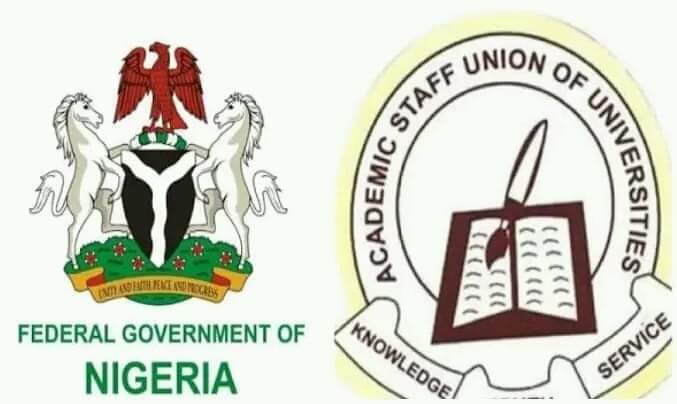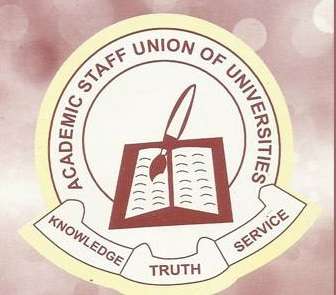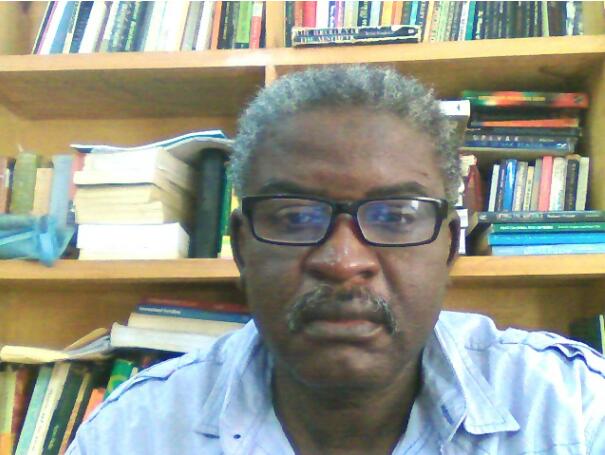We suspended the strike despite our demands not met – ASUU
By Ahmad Deedat Zakari The Academic Staff Union of Universities, ASUU, has suspended its eight-months-old strike. The union disclosed this in a press statement signed by its president, Emmanuel Osodeke,…
